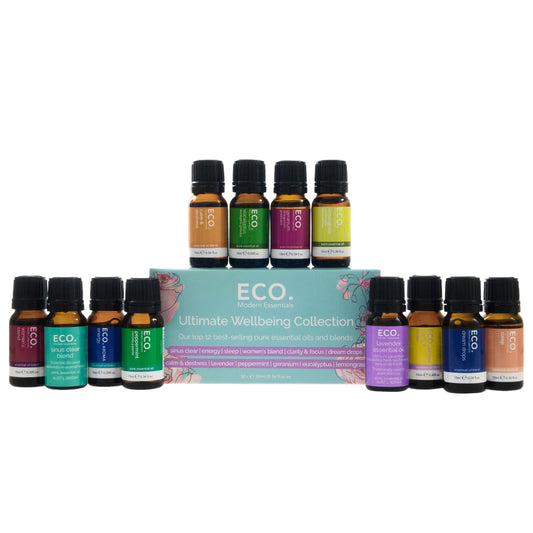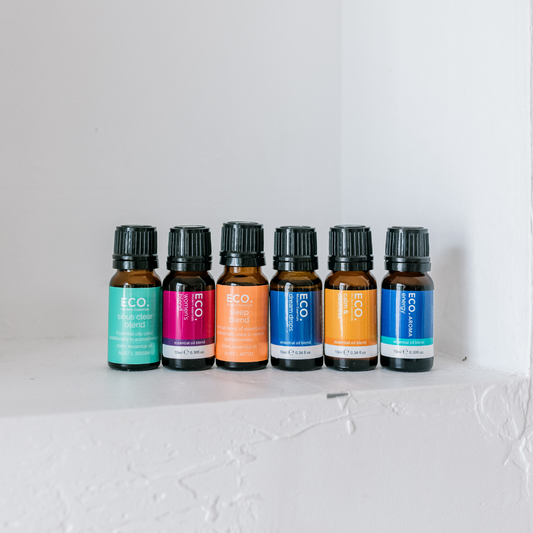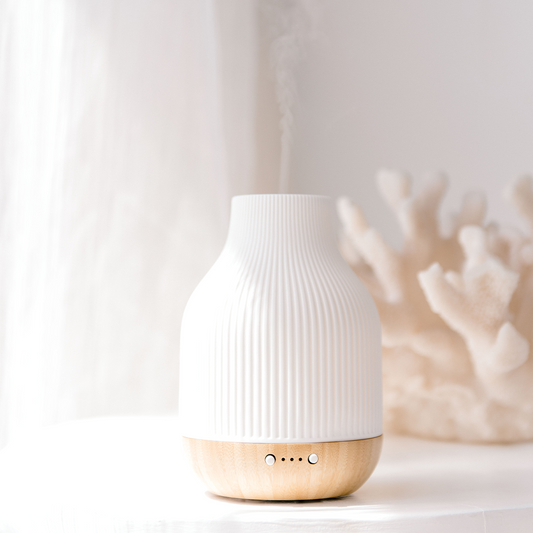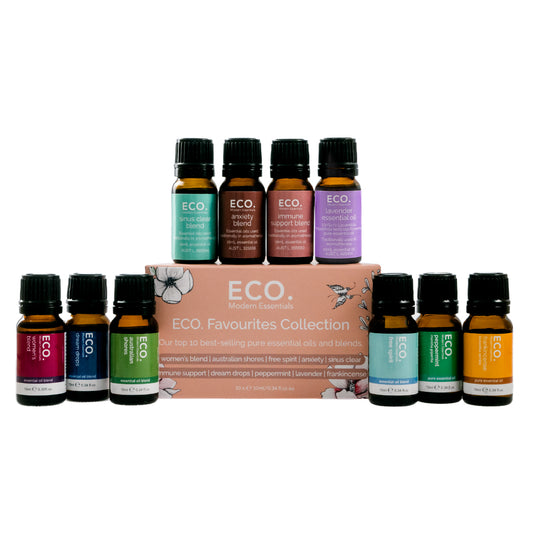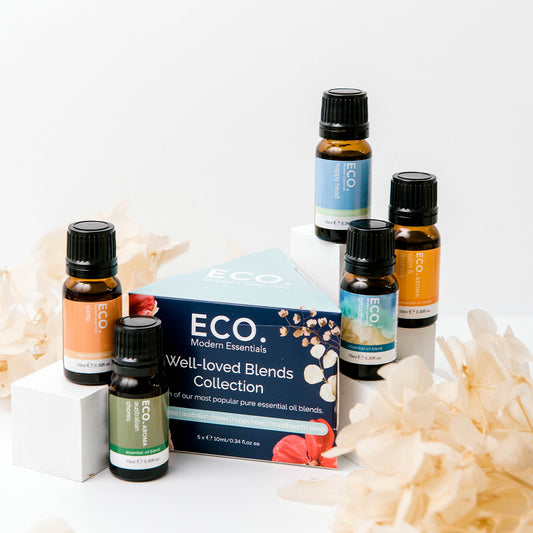
DIY Citrus-Infused, All-Purpose Cleaner
Wintertime means an abundance and diversity of citrus fruit on our farm: mandarins, lemonades, Valencia oranges, Meyer lemons, and straggling native finger limes. I grew up in a Floridian suburb, with the understanding that food came from soup tin or a plastic packet. Needless to say, I’ve had and continue to have, much to learn about the process of growing closer to my food.
While that delicious citrus provides us with medicinal shots of vitamin C, fibre, potassium, calcium, folate, and a variety of phytochemicals – it also leaves a profusion of citrus peels that can overwhelm the compost heap.
If you’re new to the concept of composting, it’s a simple way to keep precious nutrients in the soil and reduce our waste. Composting has the personal benefit of creating rich, organic (and free) fertiliser for home gardens. Keeping waste out of municipal rubbish facilities means lowering our output of methane, a greenhouse gas that contributes to climate change, which is released when natural materials decompose in an unnatural way. Throwing food scraps and garden clippings in the bin means their life-giving potential is literally wasted. Composting is an easy way to contribute to keeping our families and our planet healthier.
Part of composting effectively means making sure the compost pile gets turned semi-regularly and that everything is breaking down efficiently. Citrus peels raise the acidity of a compost pile, which can be balanced by adding more grass clippings to the heap. Other ingredients that can overload the compost system in excess include onions, eggshells and too much garden waste.
While microbes and worms should easily break down the occasional lemon rind or mandarin peel in most compost piles, if you’re really heavy on the citrus, like we are in winter, then it can be fruitful to harvest those peels for other uses.
Citrus peels house some of the most readily accessible essential oils that offer up so much aromatic goodness for repurposing. One of my favourite ways is to make a natural, citrus-infused all-purpose cleaner. Many cleaning products contain questionable ingredients or harsh detergents that really aren’t necessary for everyday cleaning and can contribute to the toxic indoor air quality so common in modern homes – where many of us spend the vast majority of our time.
My sister-in-love Toni Rastovich, who is an OG recycling, repurposing queen, taught me this simple recipe for transforming waste into a sunshine-hued bottle of citrusy cleaning goodness. Here’s how we do it:
What you'll need:
- Large, clean, repurposed jar (a 900g jar from coconut oil or olives works well)
- Citrus rinds (collected over a couple of weeks, depending on how long it takes to fill your jar)
- Bulk bottle of cheap, white vinegar
- Mesh strainer
- Funnel or pouring vessel
- Clean, repurposed spray bottle OR go plastic free with ECO.’s Amber Glass Spray Bottle
- Optional: add extra essential oils to customise scent
Step 1
Fill a large jar with the day’s citrus peels. Use a mix of citrus fruits, or choose just one to concentrate. Some people like to avoid letting any actual fruit get into the mixture, as they find the resulting solution to be slightly sticky. We tend to squeeze our lemons, so removing all of the fruit would be time consuming. We just chuck the rinds with the leftover fruit bits into our jar and haven’t noticed any stickiness.
Step 2
Pour in enough vinegar to completely cover the peels.
Store the jar in a cool, but visible spot where you won’t forget about it (it’s kind of lovely to see, actually).
Step 3
Add peels to the jar as you eat your citrus, topping up the vinegar to keep peels submerged as much as possible. Some of the peels will float to the top, which is just fine. Once the jar is packed full, top up with vinegar again and seal with an airtight lid. Let the natural essential oils of your citrus infuse into the vinegar for two to four weeks.
Step 4
Strain into spray bottle. The top few rinds might get a bit brown from exposure to the air, just scoop them off when transferring to spray bottle. Discard soaked rinds into the compost pile. Cut with 50% water for a light cleaning solution, or use full strength for the grimier jobs. Use on almost any surface that needs cleaning.
Why it works?
Plain vinegar is renowned as one of the safest, biodegradable, non-toxic cleaners and disinfectants, owing to its make up of acetic acid, which dissolves dirt, grime and kills bacteria. An infusion of citrus essential oils means adding another cleaning powerhouse to the mix: limonene. Besides the fresh citrus-y scent, limonene also works as a solvent to break down dirt and oil.





